A Bittersweet Homecoming for Egypt’s Jews
A rare ceremony at an ancient synagogue brought 180 Jews back to Egypt, decades after they were pressured to leave. But few Egyptians knew about it, highlighting government ambivalence.
CAIRO — Clutching a decades-old black-and-white photo, Doris Wolanski directed a vehicle through Cairo’s chaotic traffic, her gaze trained on the street corners, in search of rue du Metro.
The photo showed an 8-year-old girl and her mother on a balcony overlooking a wide, deserted boulevard. The girl was Mrs. Wolanski, now 71; the apartment was her Jewish family’s home until they were expelled from Egypt in 1956, during the Suez crisis. Now she was trying to find it again.
....
But she couldn’t find rue du Metro, or her old apartment. She would save it for next time, she said, “when I come back with my grandchildren.”
Egypt - Orthodox U.S. Jewish Delegation Enjoys Lengthy Audience With Egyptian President in Cairo
It was a historic meeting on Tuesday afternoon as a delegation of approximately two dozen prominent American Jews from all across the United States spoke with Egyptian President Abdel Fatteh el-Sisi, discussing a variety of matters including the Congressional Gold Medal being awarded posthumously to the late Egyptian President Anwar Sadat, Middle East stability, terrorism and other issues of mutual interest.
Menasce Synagogue in Alexandria to be added to Egypt's heritage list
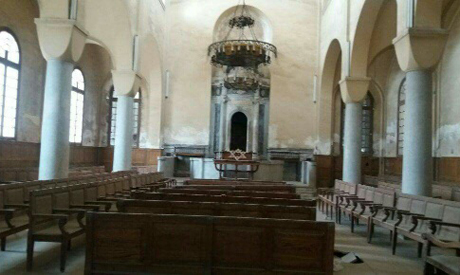 The synagogue in El-Manshia Square was built by Baron Yacoub de Menasce in 1860
The synagogue in El-Manshia Square was built by Baron Yacoub de Menasce in 1860
Private Motive for Egypt’s Public Embrace of a Jewish Past
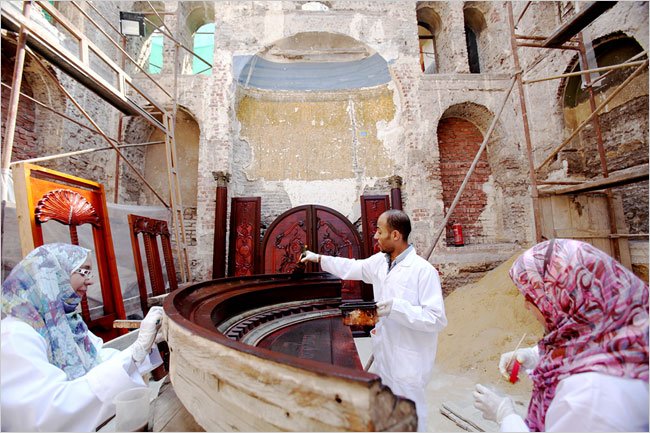 Egyptians generally do not make any distinction between Jewish people and Israelis. Israelis are seen as the enemy, so Jews are, too.
Egyptians generally do not make any distinction between Jewish people and Israelis. Israelis are seen as the enemy, so Jews are, too.
Israel said set to seek $250b compensation for Jews forced out of Arab countries
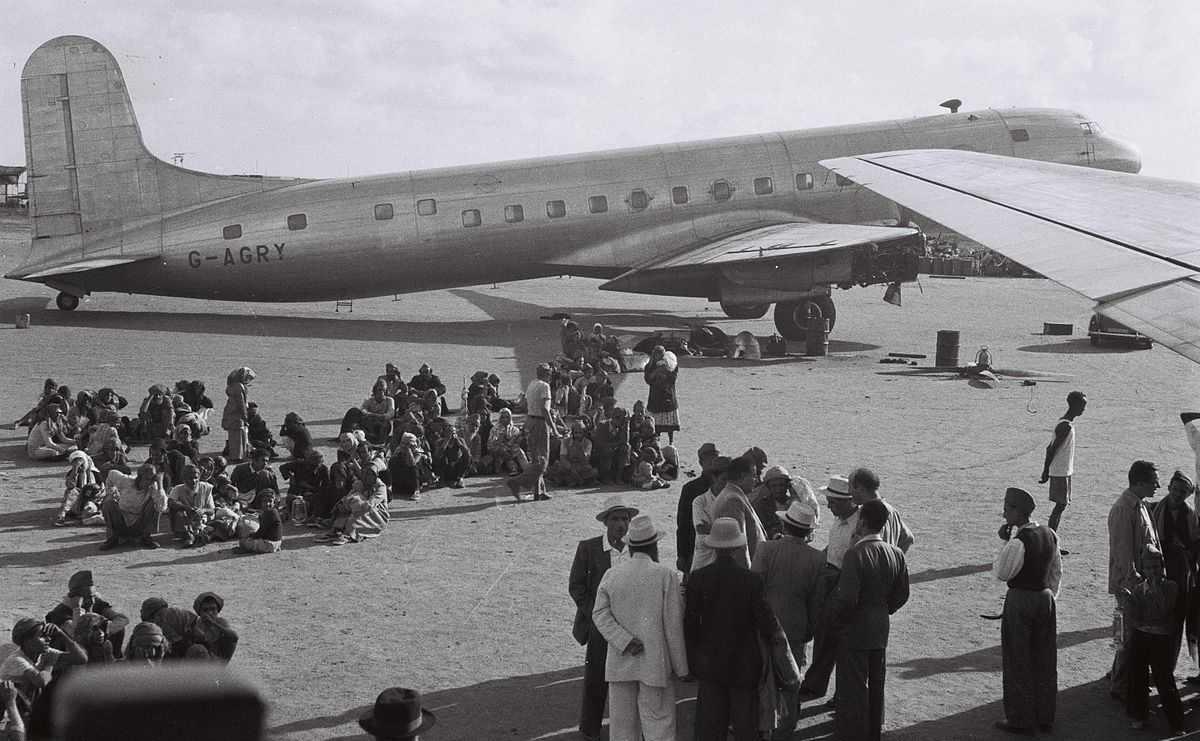 After 18 months of research, first claims being finalized for reported $35b from Tunisia, $15b from Libya, for assets Jews left behind
when kicked out after establishment of Israel
After 18 months of research, first claims being finalized for reported $35b from Tunisia, $15b from Libya, for assets Jews left behind
when kicked out after establishment of IsraelDespite Reports, Egypt Not Spending $71 Million To Restore Jewish Sites
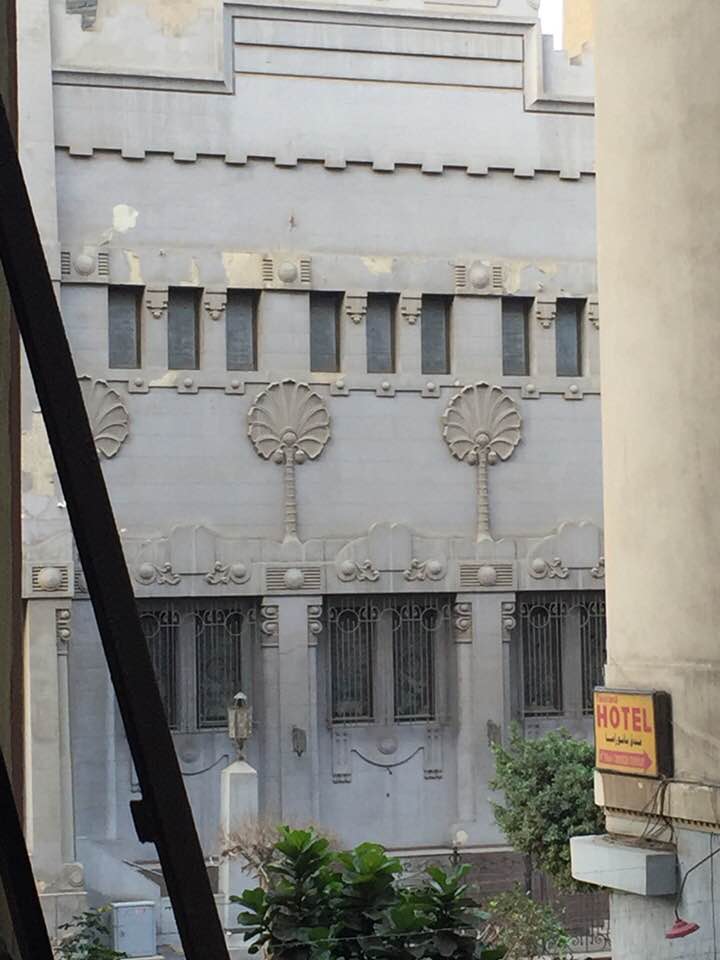 Reports that Egypt will allocate $71 million to restore Jewish sites are inaccurate and might be part of a wider propaganda campaign aimed at propping up President Abdel al-Fattah al-Sisi, experts familiar with the project argue.
Reports that Egypt will allocate $71 million to restore Jewish sites are inaccurate and might be part of a wider propaganda campaign aimed at propping up President Abdel al-Fattah al-Sisi, experts familiar with the project argue.
The curious case of a Cairo synagogue
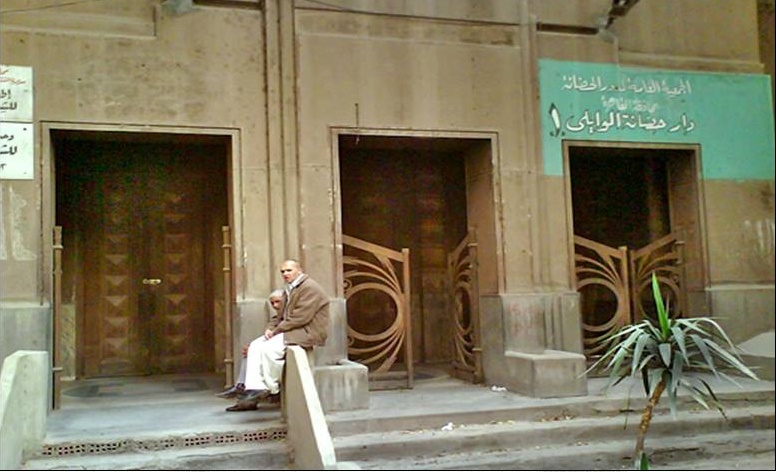 The first sign says it's a National Democratic Party (NDP) office. Another establishes it as a Ministry of Social Solidarity local unit. A third sign claims it belongs to "El Wayli Kindergarten." But really, the building is a synagogue, a Jewish house of worship.
The first sign says it's a National Democratic Party (NDP) office. Another establishes it as a Ministry of Social Solidarity local unit. A third sign claims it belongs to "El Wayli Kindergarten." But really, the building is a synagogue, a Jewish house of worship.Alexandria's last Jews sad to see empty shul on Simhat Torah
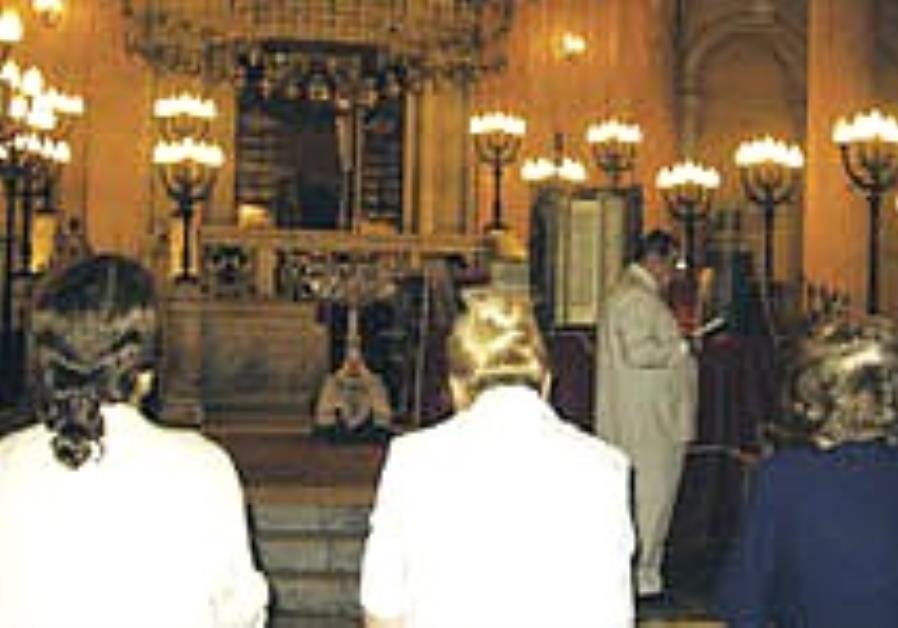
Inside the grand Eliyahu Hanavi Synagogue in this bustling seaside city, five mostly elderly women and a middle-aged man from the Jewish community here gathered Tuesday evening to commemorate the holiday of new beginnings: Simhat Torah.
For the dwindling Jewish community of Alexandria, where fewer than 25 members now remain, six local attendees is nearly par for the course. And new beginnings seem far away.
Locked away: Egypt’s forgotten Jewish literary heritage
.jpg)
Despite a center dedicated to their preservation, government ministries have stalled, eschewing responsibility for what would be an expensive project to review and record the manuscripts digitally.

